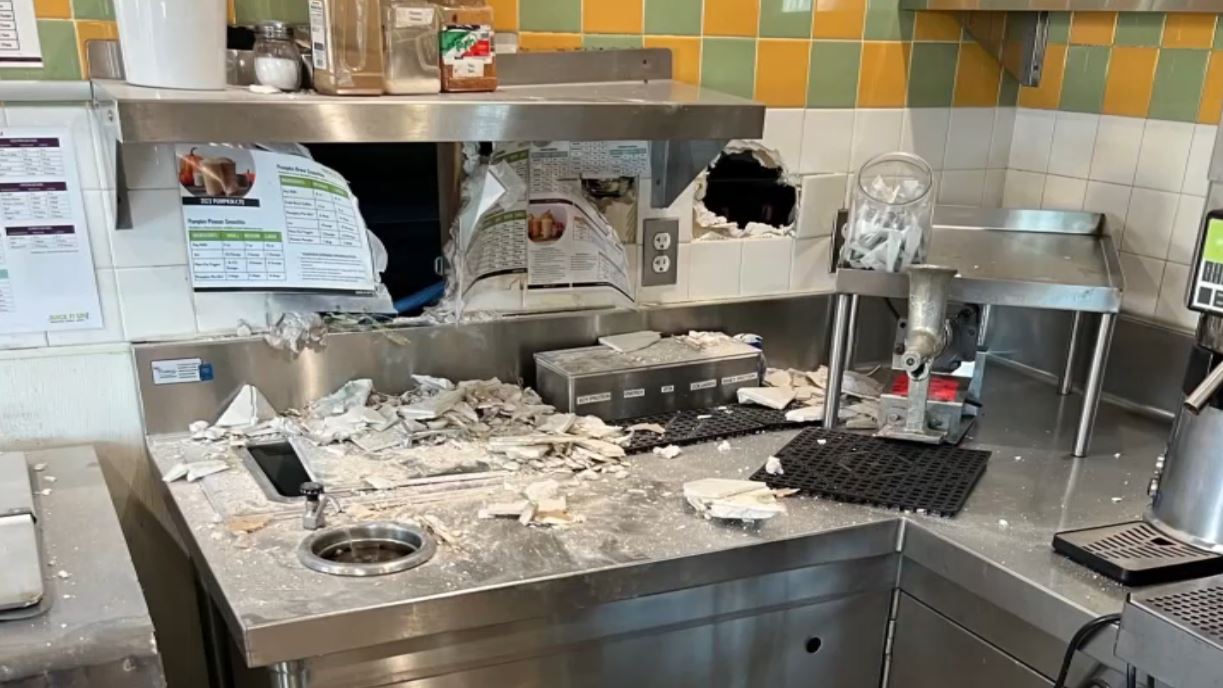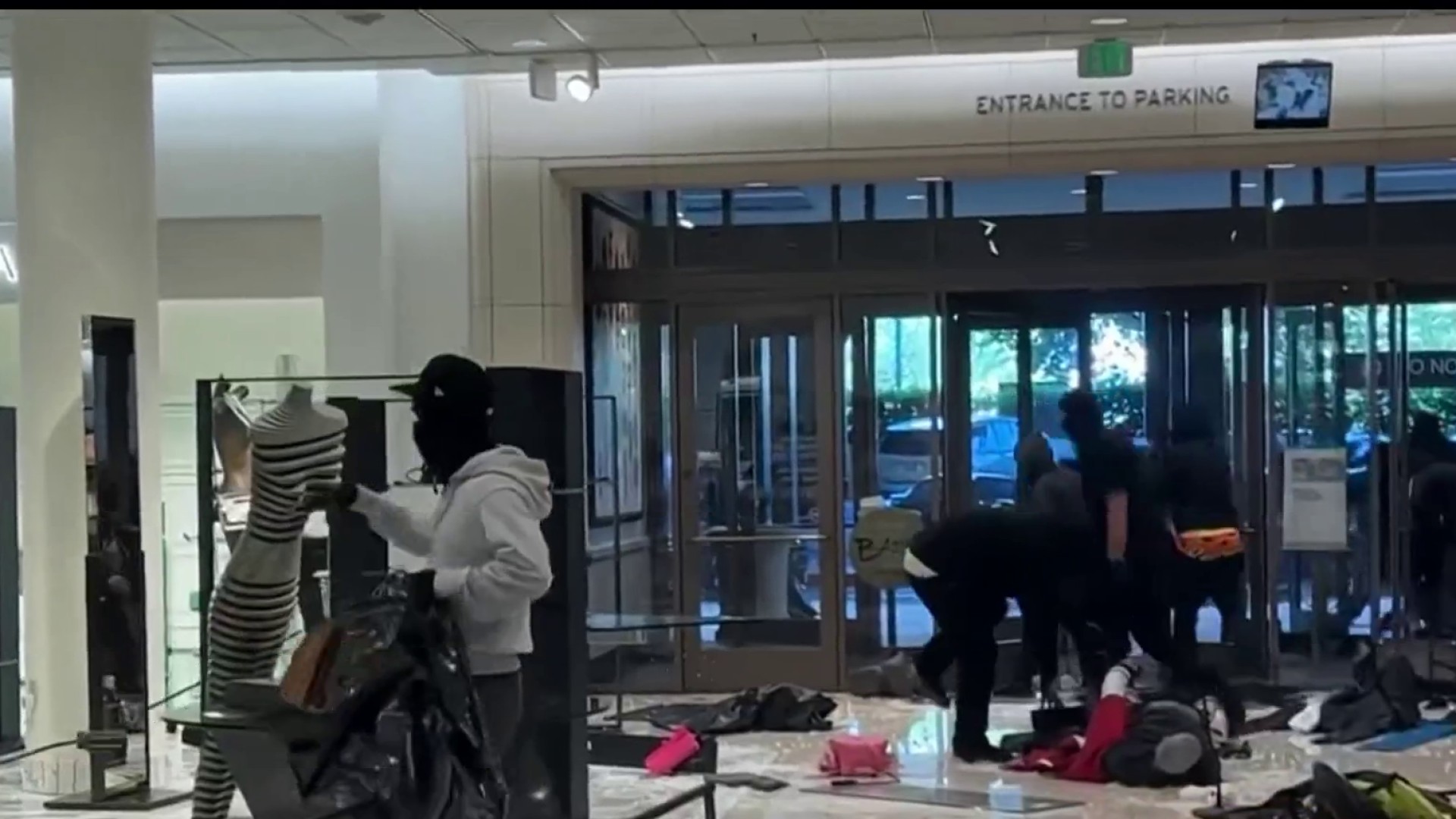Gov. Gavin Newsom on Friday signed a bipartisan package of 10 bills that aims to crack down on smash-and-grab robberies and property crimes, making it easier to go after repeat shoplifters and auto thieves and increase penalties for those running professional reselling schemes.
While shoplifting has been a growing problem, large-scale, smash-and-grab thefts, in which groups of individuals brazenly rush into stores and take goods in plain sight, have become a crisis in California and elsewhere in recent years. Such crimes, often captured on video and posted on social media, have brought particular attention to the problem of retail theft in the state.
Here's what the bills will aim to do
- Allowing law enforcement to combine the value of goods stolen from different victims to impose harsher penalties
- Allowing officers to arrest people for shoplifting using video footage or witness statements
- Cracking down on cargo thefts
- Making it easier to prosecute autho thefts
- Requiring marketplaces like eBay and Nextdoor to start collecting bank accounts and tax identification numbers from high-volume sellers
- Allowing retailers to obtain restraining order against convicted shoplifters
Get top local stories in Southern California delivered to you every morning. Sign up for NBC LA's News Headlines newsletter.
“This goes to the heart of the issue, and it does it in a thoughtful and judicious way,” Newsom said of the package. “This is the real deal.”
The package received bipartisan support from the Legislature, though some progressive Democrats did not vote for it, citing concerns that some of the measures are too punitive.
It’s hard to quantify the retail crime issue in California because of the lack of local data, but many point to major store closures and everyday products like toothpaste being locked behind plexiglass as evidence of a crisis. The California Retailers Association said it’s challenging to quantify the issue in California because many stores don’t share their data.



